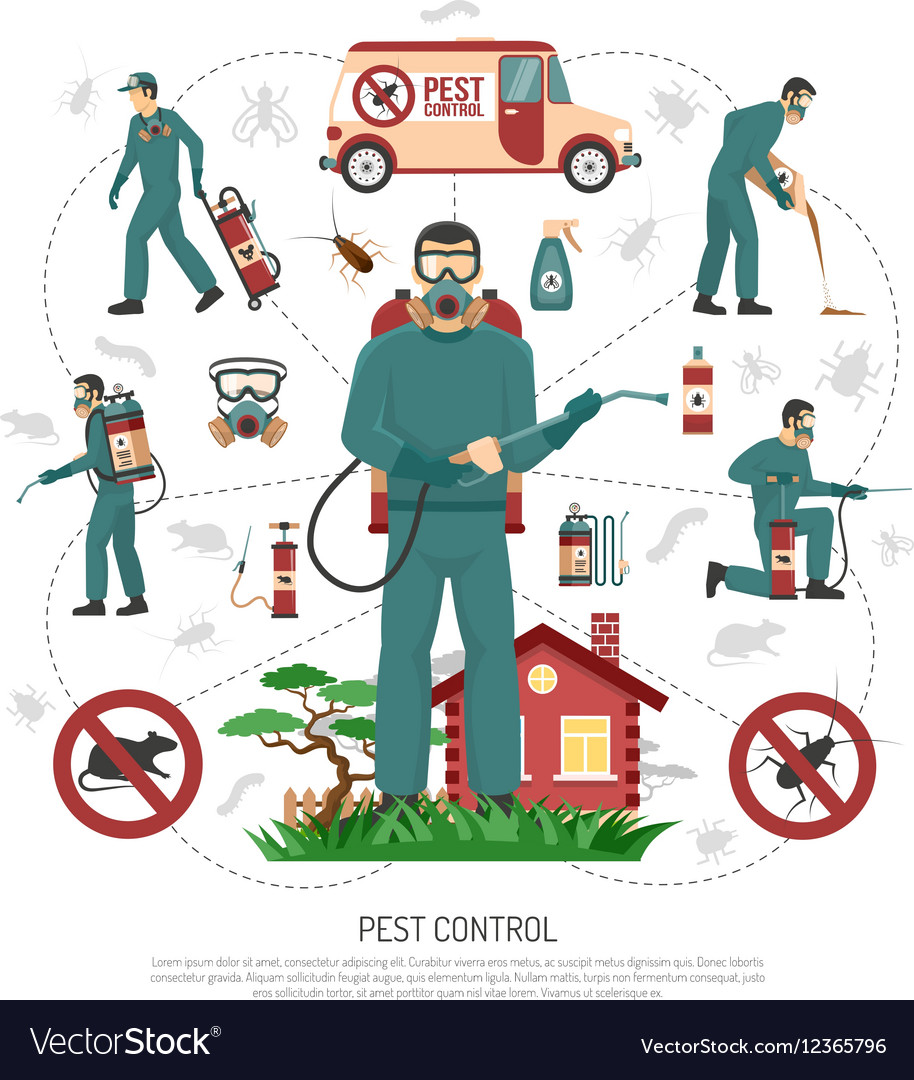Get Ready To Turn Your Yard Into A Pest-Free Sanctuary Making Use Of These Creative Suggestions And Methods
Get Ready To Turn Your Yard Into A Pest-Free Sanctuary Making Use Of These Creative Suggestions And Methods
Blog Article
Write-Up Author-Lauritsen Warren
Imagine your yard as a shelter, an area of harmony and appeal. However, the visibility of exterior insects can promptly interrupt this ideal picture. Suppose there were straightforward yet reliable ways to maintain these unwelcome visitors at bay and safeguard your garden oasis? By following a few useful tips and carrying out natural approaches, you can develop an unified outside space where your plants can prosper undisturbed.
Natural Bug Deterrents
To keep pests far from your yard naturally, plant aromatic herbs like mint and lavender. These great smelling plants not only add charm to your garden however likewise work as reliable parasite deterrents. Insects like insects, flies, and even some garden-damaging pests are fended off by the strong fragrances sent out by these natural herbs. Merely placing them strategically around your garden can aid produce an all-natural barrier against undesirable parasites.
In addition to mint and lavender, consider growing various other herbs like rosemary, basil, and lemongrass to additionally enhance your yard's pest-proofing abilities. These herbs not only function as all-natural repellents however likewise have the added benefit of working in food preparation or crafting homemade treatments.
Strategic Plant Positioning
Think about the format of your yard and the sorts of plants you need to purposefully place them for maximum pest-proofing effectiveness.
Start by organizing plants with comparable resistance to pests together. By doing this, you can develop a natural obstacle that hinders bugs from spreading out throughout your garden.
In addition, placing pest-repelling plants like marigolds, lavender, or mint near more vulnerable plants can help protect them. Tall plants, such as sunflowers or corn, can serve as a guard for much shorter plants against parasites like bunnies or ground-dwelling pests.
Keep in mind to leave adequate space between plants to boost air circulation and decrease the threat of diseases that pests may carry.
Moreover, take into consideration growing strong-smelling natural herbs like rosemary or basil near vulnerable plants to perplex insects' senses and make it harder for them to situate their targets.
Effective Bug Control Methods
For combating garden pests properly, applying a multi-faceted pest control technique is important. Beginning by motivating natural predators like birds, ladybugs, and praying mantises to assist keep pest populaces in check. Presenting plants that draw in these useful insects can aid in insect control. In addition, exercising excellent garden hygiene by eliminating debris and weeds where pests might conceal can make your garden less congenial to unwanted visitors.
Take into consideration utilizing physical obstacles such as row cover materials or netting to secure at risk plants from bugs like caterpillars and birds. Using organic chemicals like neem oil or insecticidal soap can additionally work against certain parasites while being less harmful to helpful insects and the setting. It's crucial to turn your plants each season to stop the buildup of bug populations that target certain plants.
On a regular basis inspect your plants for signs of insect damage so you can do something about it quickly. By combining german cockroach infestation and staying cautious, you can efficiently regulate yard insects and appreciate a growing, pest-free yard.
Read Much more , there you have it - with the right methods, you can maintain pesky exterior insects far from your yard and help your plants grow.
Did you recognize that growing mint has been shown to push back mosquitoes and various other pests, reducing the requirement for hazardous pesticides by approximately 60%?
By integrating natural deterrents and wise planting methods, you can create a stunning and pest-resistant garden oasis for you to enjoy.
